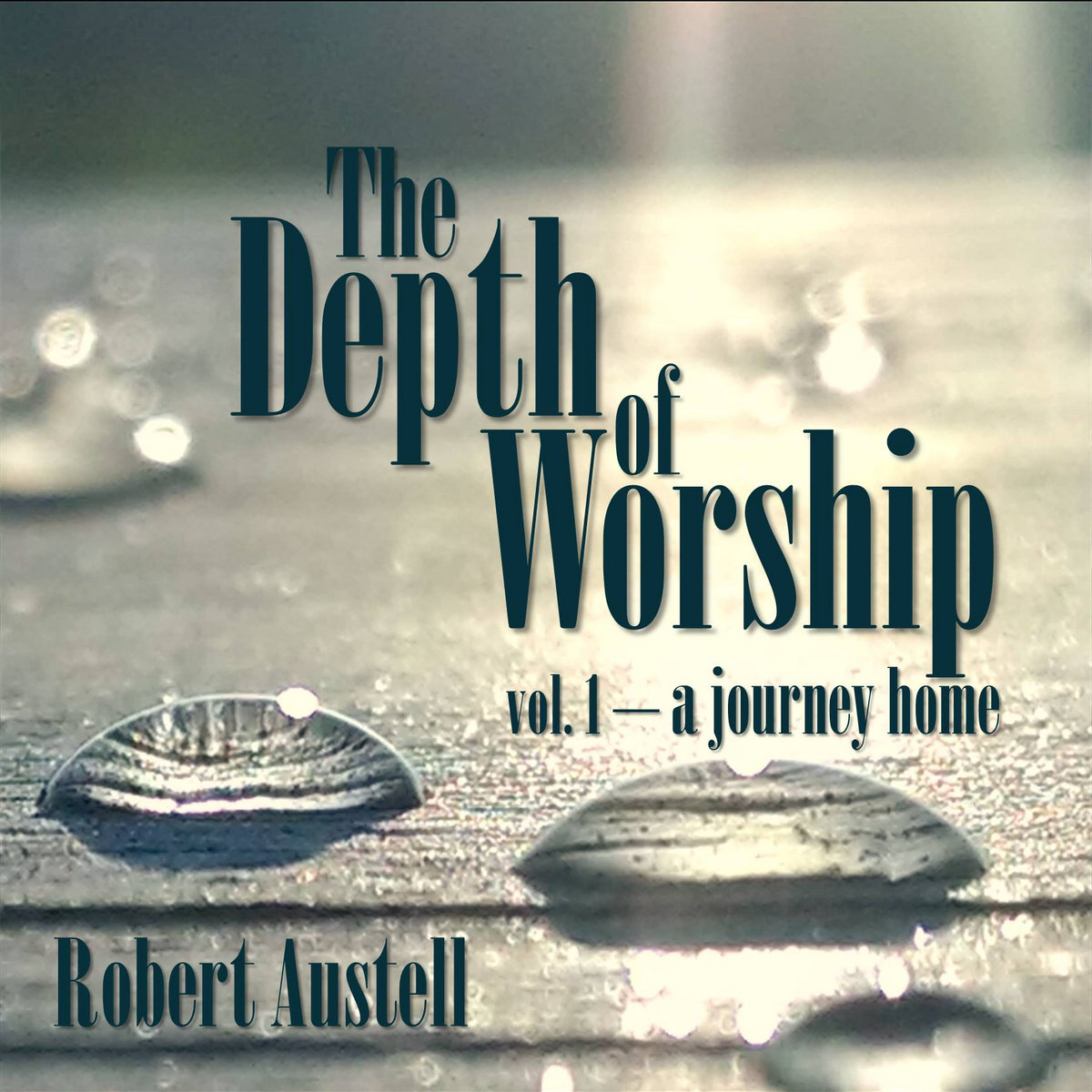Last Fall (2009), I wrote about our Wednesday Night Experiment. I wrote:
So, on Wednesday nights, instead of traditional church Bible study in the building and on the grounds, we are taking it to the streets. We are going to take a simple program - conversations with each other about where we see God in our lives during the week, and rather than meet IN the church building, we are going to disperse in 3s and 4s into public gathering places in the neighborhood. We are not going to evangelize per se, but to simply go where people are and be who we are - at Caribou, at the pizza parlor, walking on the sidewalk, at the public library. My prayer is that God will open doors for us to meet our neighbors. It's definitely experimental; I'll let you know how it goes!
In my view, the experiment was a great success with many wonderful surprises (
live music,
group home ministry,
housing project neighbors,
prayer needs at the bookstore). Amazing what can happen when we venture outside of the church walls with the eyes and ears of faith! It wasn't just going to those places though, because we get coffee and drive through the neighborhood all the time. It was making the intentional connection between the two worlds of church and life that we so often keep separated.
This Fall (2010), we are doing something similar. We still have several groups going out from the church, but we've tweaked the content a little bit. Last year all of the groups were given the same set of discussion questions, based on the previous Sunday's sermon. This year, we had an organizational night and suggested about 12 potential topics or activities and let people gravitate toward ones in which they were interested, while bearing in mind that these would be suited for public settings.
Some of these topics/activities included:
1. Sermon discussion (like last year)
2. Book discussion
3. Movie discussion
4. Headline news discussion
5. Service/hands-on group
6. Games group
7. Prayer/Accountability group
8. Scripture study
9. Prayer walks
10. Video interviews/documentary
11. Live Music
12. Basics of Faith (to be held at church for visitors or newer Christians)
In the next few posts I'll share some more detail on several of the topics or activities as well as to which groups people gravitated.
We are about a month into this year's "experiment" and my preliminary observations are that there is more interest because of the variety of topics, but less interaction with our neighbors. The simplicity of last year's content only required minimal focus on faith (but in a good way), leaving ample attention and opportunity for interaction. I'm hoping that we will work our way back to that once the groups settle into the new content.




